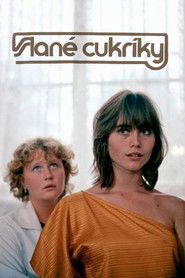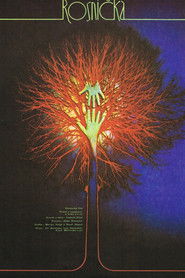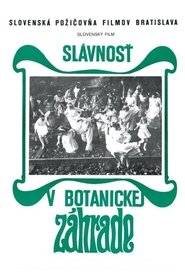Boris Filan
Writer
30-06-1949
Birthday
Cancer
Zodiac Sign
-
Genres
0
Total Films
Also known as (male)
Place of Birth
30-06-1949
Birthday
Cancer
Zodiac Sign
-
Genres
0
Total Films
-
Also Known As (male)
-
Place of Birth
30-06-1949
Birthday
Cancer
Zodiac Sign
-
Genres
0
Total Films
Also known as (male)
Place of Birth
30-06-1949
Birthday
Cancer
Zodiac Sign
-
Genres
0
Total Films
-
Also Known As (male)
-
Place of Birth
actor
0 Works
producer
0 Works
director
19 Works
writer
18 Works
other
1 Works
Handrigula
Year:
1993
Rabaka
Year:
1989
Tristotridsaťtri strieborných prepelíc
Year:
1987

Slané cukríky
Year:
1986

The Fountain for Suzanne
The second full-length film of director Dusan Rapos. It was based on Eleonora Gasparova's novel of the same title. The director tells a story about the life and troubles of young people living in the city. The teenagers have to face real life, make their first major decisions, and learn that romance sometimes brings disappointment. The original Slovak music composed for the film by Vaso Patejdl contributed greatly to the film's atmosphere. It helped to make The Fountain for Suzanne a legendary picture of Slovak cinematography at the time.Year:
1986
Poklad
Year:
1985
Múdra princezná
Year:
1984
Spevák
Year:
1983
Zimné sníčky
Year:
1983

Člny proti prúdu
Year:
1982
Chlapci z mesta
Year:
1982
Aktovky
Year:
1981

Rosnička
Year:
1979

Boyfriends and Girlfriends
A coming of age story of a thirteen years old teenager and a summer of his first love.Year:
1979
Zlatá réva
Year:
1977
V každom počasí
Year:
1975
Lampióniky
Year:
1975
Letokruhy
Year:
1973

Celebration in the Botanical Garden
One of the lead characters is Maria, an inn keeper; always a bride but never a wife. She meets the newcomer Pierre, who disturbs the peace of the small village and teaches the locals how to enjoy life. The film is full of fireworks of lovely colours, and a warm feeling. It is like a carousel of humour and human situations that carry us away, from the very first frame to the unexpected ending, making the viewer laugh gaily. Using a mosaic approach to the traditional narrative line, the film director creates a picture of fairly anarchic glee. “Celebration in the Botanical Garden” is a world of fantasy, full of summer fun, good humour and delight. E. Havetta´s debut was inspired by naïve art, French impressionism, and silent slap-stick as well as Western Slovakian folk traditions.Year:
1969